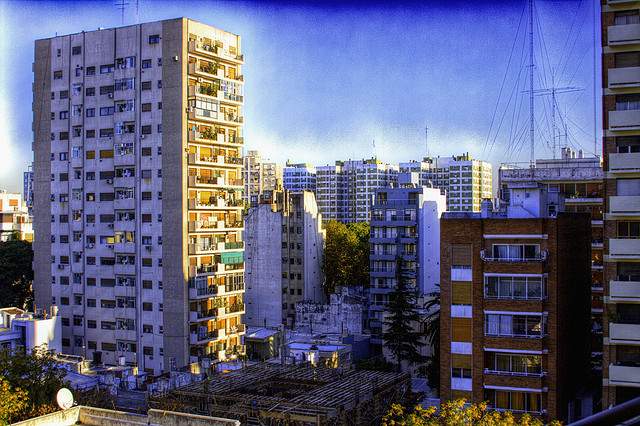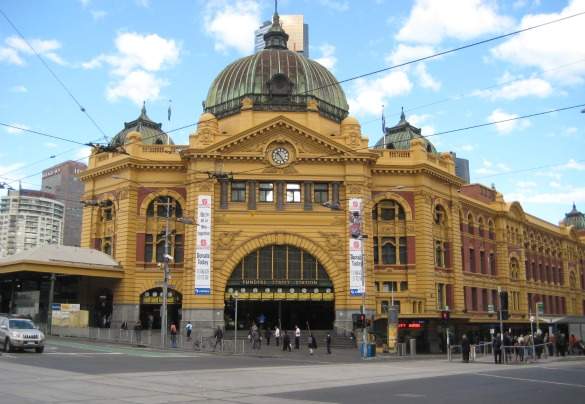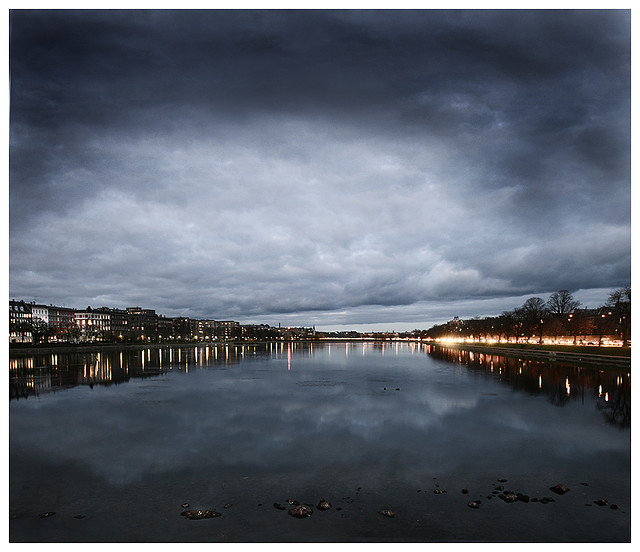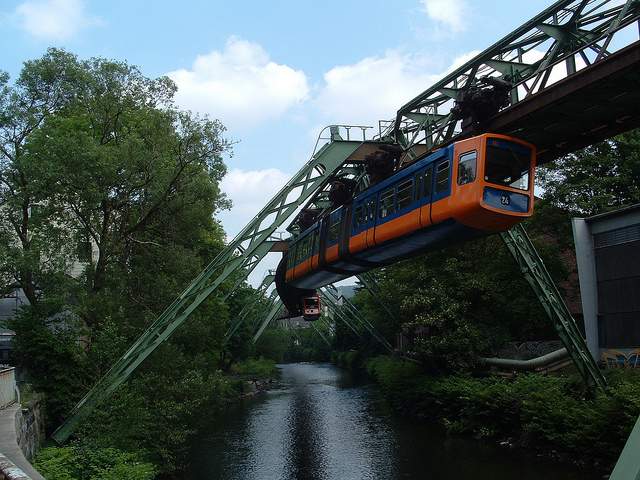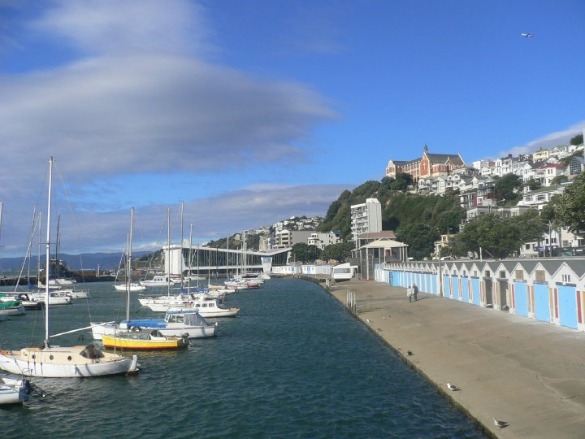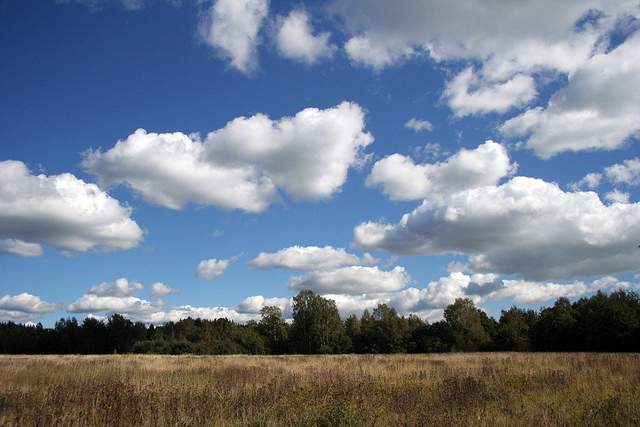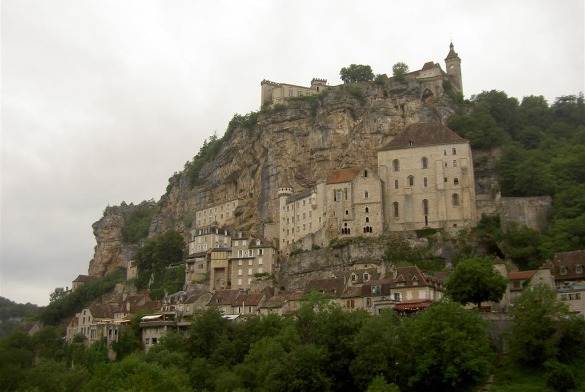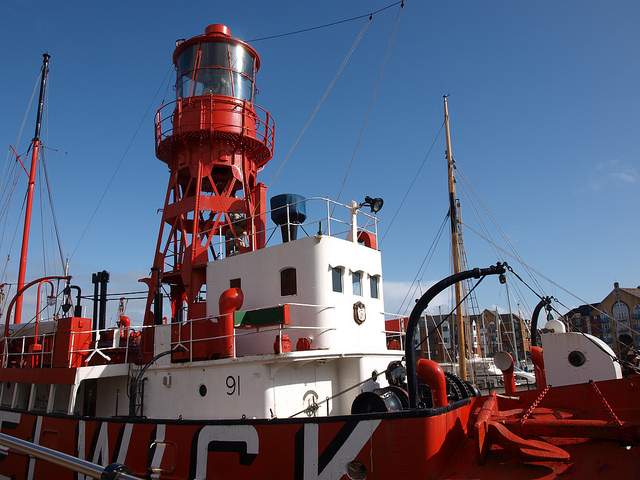Reading travel books, surfing travel sites, or watching movies have previously all been great ways to learn about the world without ever leaving your couch. But more recently, guidebooks have (arguably) begun phasing out, and websites like tripadvisor are falling out of favor as people realize that reviews often reveal more about the reviewer than the object being reviewed. Movies haven’t changed much in the past two years, however, and are still a great way to learn about other places. There are plenty of lists out there tallying up travel movies, but these particular movies are less overtly about travel and more about foreign people, places, and stories. These aren’t films that necessarily glamorize travel or even want to make you visit the countries, but they all have a strong sense of place/time and reveal cultural quirks.
Argentina: Nine Queens
An exciting, slick crime flick that is as close to bumping shoulders with scoundrels on the crowded streets of Buenos Aires as you’ll get, sans airline ticket. The Argentine accent is fun to listen to; it’s super fast and strangely accented compared to Spanish from Mexico or Spain. This plot has enough twists to surprise fans of David Mamet or The Usual Suspects.
Australia: The Rage in Placid Lake
Ben Lee isn’t as well known internationally as he is in Australia, so his funny coming-of-age tale is probably a bit underrated. (Also, it shouldn’t be confused with Lake Placid, a similarly named but otherwise very different movie). This Australian slacker rebels against his hippie parents by taking a corporate job and (sometimes) trying to date Rose Byrne, his genius, crayon-eating friend. It’s a sly script, but there is plenty of broad, lowest common denominator humor too. This is one of the two movies on this list that is often compared to Napoleon Dynamite.
Denmark: Adam’s Apple / Flickering Lights / Wilbur Wants to Kill Himself
The Danish provide us with a triumvirate of Mads Mikkelson films. Adam’s Apple is a quirky comedy that sounds like an bad joke: so a neo-Nazi, an Arab burglar, a fat kleptomaniac/rapist/alcoholic, and a priest walk into a church. It’s handled with the right level of seriousness, however, and the interaction of these characters makes for compelling viewing, particularly once other characters enter the story. Thematically, it concerns the power of delusions and the nature of truth and is intruiging to consider how much it reflects Danish politics on the European stage.
Though a joint Danish/English film, Wilbur is genuinely Scottish in tone. (Scotland is the only country I’ve lived where the people had no idea why someone would want to move there.) The prevailing theme of attempted suicide can put some people off, but the message is pretty clearly a parable. If you enjoy anti-heroes, the character of Wilbur may appeal to you.
Flickering Lights is about four petty criminals who escape with stolen loot and seek refuge in an abandoned, dilapidated house. With stong conflicting personalities and a theme addressing the infeasibility of dreams, it stands up as an excellent crime story that will appeal to fans of the Coen brothers. There are some nice, pastoral shots of the Danish countryside throughout the film.
Germany: Princess and the Warrior
There have already been a lot of great German films in the 21st century, but this follow-up to Run Lola Run is one of the best. Set in the lovely town of Wuppertal (Fredrich Engels’ home town), this is a movie about fate and chance. The setting of a psychiatric hospital entails that themes concerning the nature of sanity and insanity are dealt with as well. With striking shots of the verdant city and the continual presence of the photogenic monorail, this film is good for multiple viewings.
New Zealand: Eagle vs Shark
“Wellywood” might be the Southern Hemisphere’s answer to Hollywood, but the city itself rarely used as a setting. You get glimpses of it in this debut flick from rising Kiwi director Taika Waititi. Fans of “Flight of the Conchords” weren’t sure what to make of this Jemaine Clement vehicle. It’s not as laugh out old funny as Concords and more awkward than clever; it’s no wonder that it was dubbed the Kiwi “Napoleon Dynamite.” The comparison is apt: both movies grow more rewarding upon re-watching, and both become imminently more quotable. But Eagle vs Shark is much more ambitious, and the soundtrack is by Supergroove–kiwi as, bro.
Russia: The Cuckoo
This Russian flick is set in Finland during the Second World War. We are given the perspective of the Soviets, the Finnish, and the Sami. The plot concerns soldiers from each side meeting at the farm of a Sami widow. There is not a common language between them and the characters run the gamut of emotions—anger, jealousy, lust, happiness and more. Though part comedy, the human interactions are portrayed very realistically and there is a grim undertone. The cinematography is great, with sweeping shots of the beautiful countryside.
Scotland: Hallam Foe / Young Adam
Hallam Foe is a young man who loses his mother and moves to London, living on roofs and in alleys. There are some great shots of both the Scottish countryside and a realistic display of London, but the bleak, absurd humor that the Scots do so well is really the highlight.
Young Adam has a small cast of world-class actors (Tilda Swinton, Ewan McGregor and Peter Mullen) and is drab, dreary, and delightful. Shot on location in Scotland, with an eerie David Byrne score, it evokes the dreary, industrial past of big cities in Scotland.
South Africa: Stander
Andre Stander was a real bloke known as South Africa’s Robin Hood. A police officer who turned into a bank robber, his story provides a fascinating depiction of South Africa in the 1970’s. This movie will please those who like action movies, but the vision of a society on the verge of implosion is what it makes it memorable.
Wales: Twin Town
This one is hard to track down, but the “Welsh Trainspotting” is a classic, violent tale from the 90’s. Stylistically, it’s a little like Guy Ritchie, but this gritty story of twin brothers/petty criminals is better for its lack of polish. The plot involves an ever-escalating feud and the humor is as black as it gets. In fact, though the actors are great, the Welsh sense of humor is the real star. Those who have been to Wales will recognize the Swansea clown, who has a small cameo.
